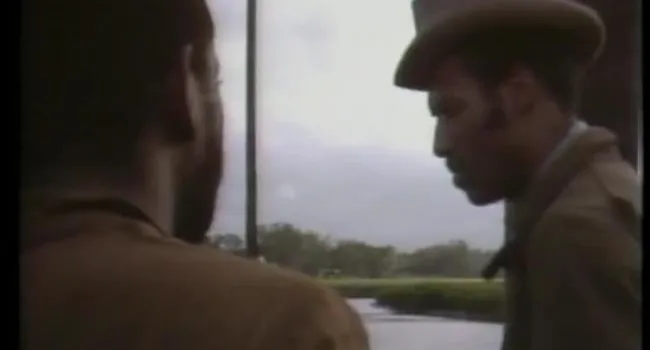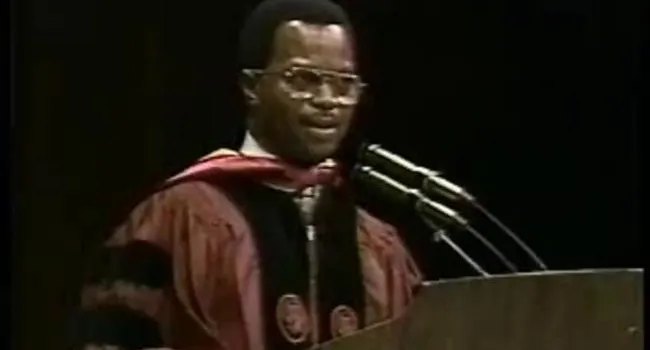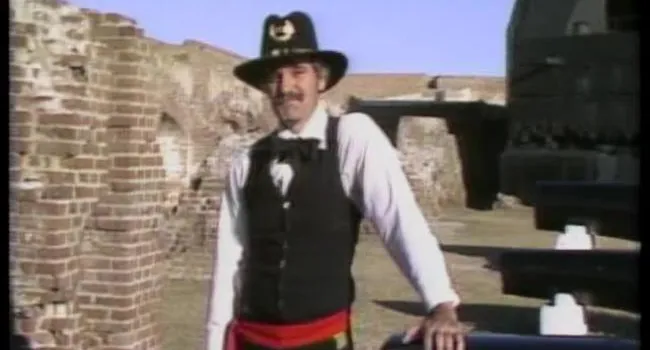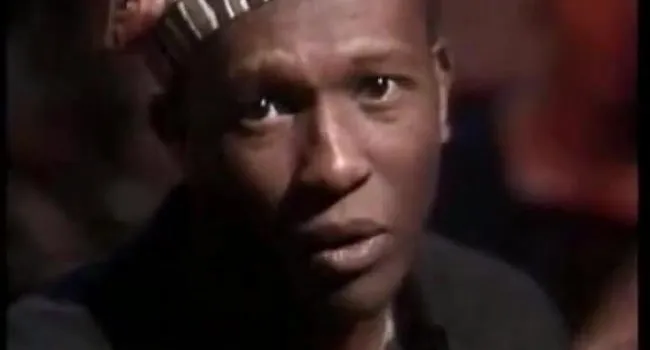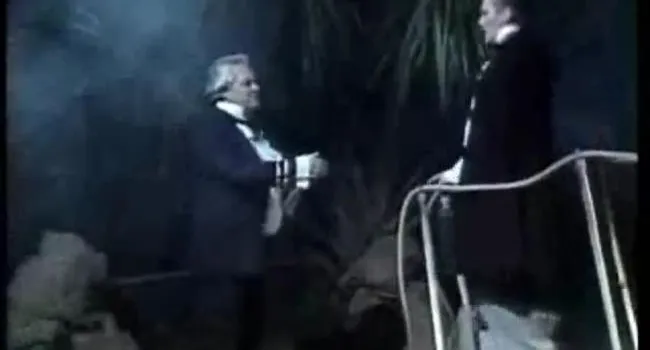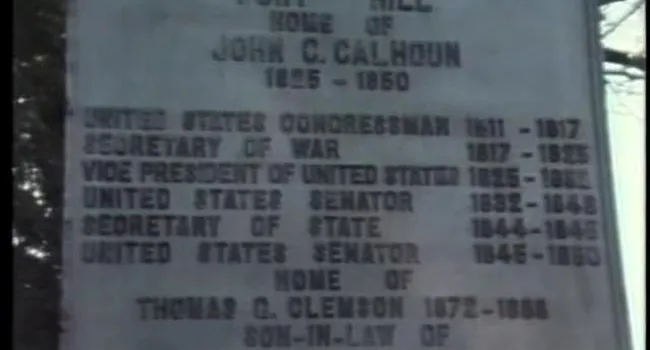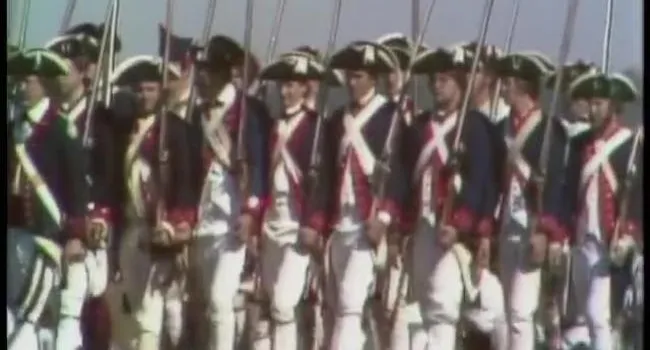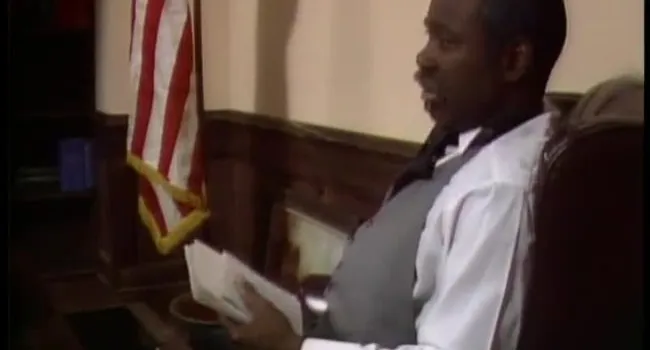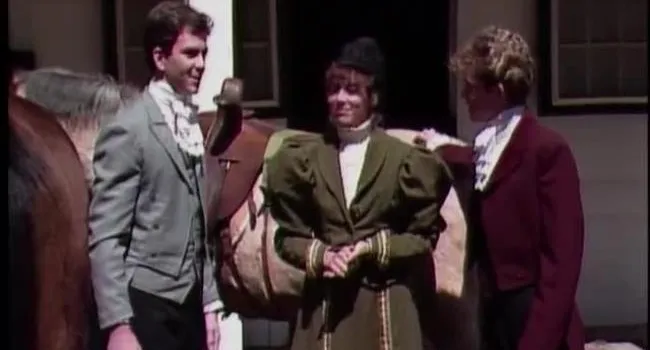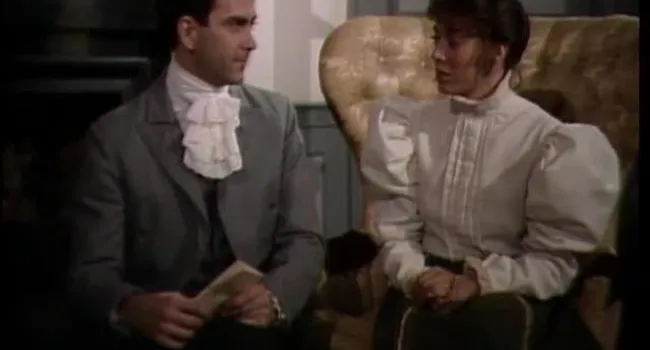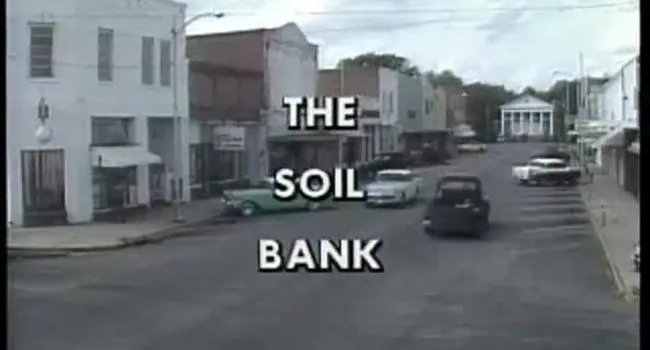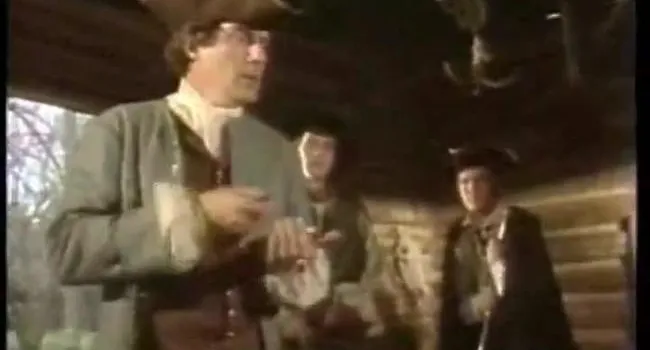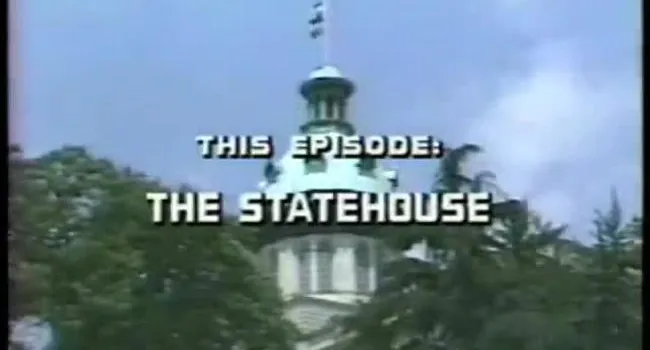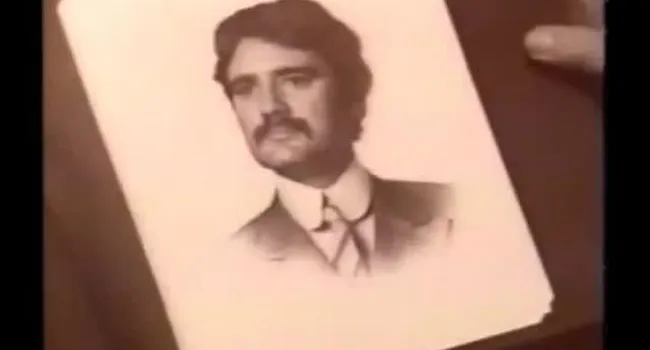Following the Tea Act of 1773 many colonial citizens refused to pay the duty and boycotted British tea This program deals with actions taken by some citizens of Charleston in November and December, 1774 when a British ship, the Britannia, arrived with seven cases of dutied tea aboard to be delivered to local consignees. The major characters in the program are based on the actual people involved in the incident. They are:
- Peter Timothy. publisher of the South Carolina Gazette and activist patriot leader.
- Christopher Gadsden, patriot activist, South Carolina delegate to the Stamp Act Congress, orator at the "Liberty Tree" functions.
- Captain Samuel Ball, Jr., captain of British ship Britannia who unwittingly brought with him to Charleston seven chests of dutied tea
- Zephaniah Kinsley, Robert Lindsay, and Robert McKenzie, the consignees to whom the duties British tea was to be delivered
BACKGROUND: Following the French-Indian War, relations between Great Britain and the American colonies deteriorated greatly. The Proclamation of 1763, The Sugar Act of 1764, The Stamp Act of 1765, and the Townshend Acts of 1767 had all contributed to these ill feelings. In 1770 the so-called Boston massacre occurred in which five colonists were killed by British soldiers. This kept the spirit of protest alive.
In 1773 Parliament passed the Tea Act which granted to the East India company a virtual monopoly of tea sales to the colonies This angered colonial merchants and smugglers who dealt in tea. They joined the radical agitators, and together organized resistance to the landing of tea in various seaports. But in Boston the act of resistance caused the greatest attention. Under the direction of Sam Adams, the Boston Tea Party took place on December 16, 1773. Disguised as Mohawk Indians, Bostonians boarded the ships in the harbor and threw the tea overboard. One of the results of this was the passage of the Intolerable Acts in 1774 by Parliament. One provision of this closed the port of Boston until the tea was paid for. On the heels of the Boston Tea Party shiploads of tea met similar fates in other port cities such as New York, Philadelphia, Annapolis, and Charleston.
Standards
- 4.2.CE Examine the economic and political motivations for colonists to declare independence from Great Britain.
- 8.2.CO Compare the motives and demographics of loyalists and patriots within South Carolina and the colonies.
- This indicator was developed to encourage inquiry into the economic, political, and social motivations of the patriots and the loyalists in the era of the American Revolution.








